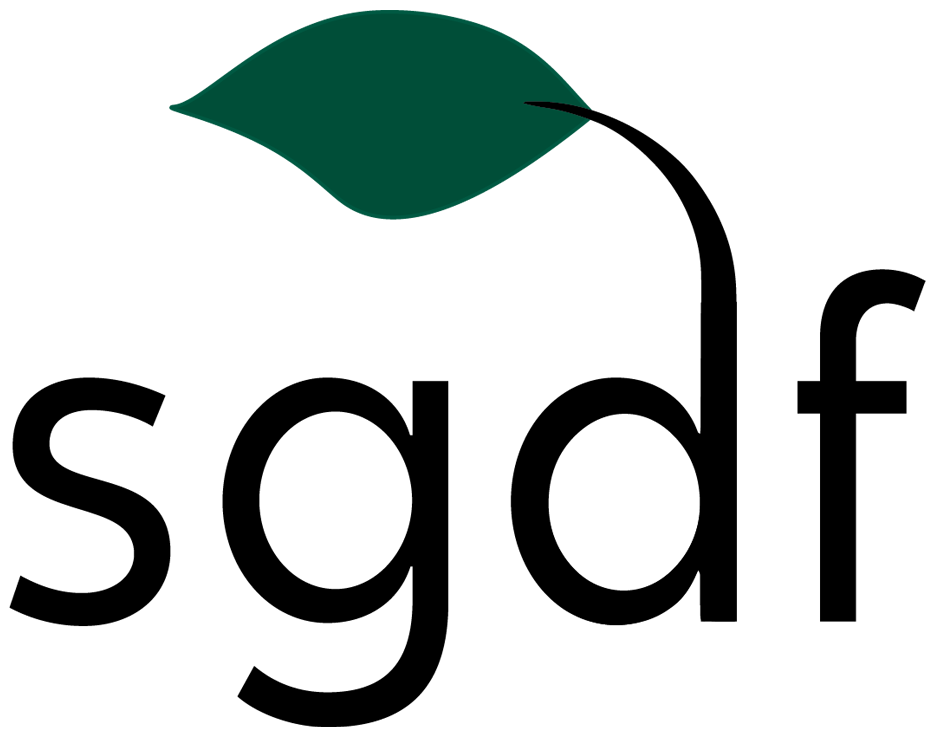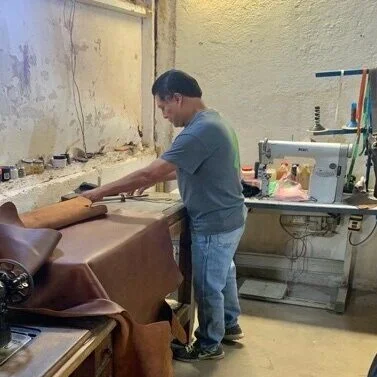By Toby Valentino, BA International Relations and Economics 2021
Relationships
In early March, I spent nine days on an Education Abroad program in Guatemala alongside Spartan Global Development Fund (SGDF) members and fellow students at MSU. Since our arrival back in the states, I have spent some time pondering what I learned during my time in Guatemala. Throughout this process, I have come to a few conclusions. First, I won’t be able to accurately capture my feelings or emotions expressed during my time in Guatemala in words or cohesive sentences and that is okay. Second, what truly made this trip special was the level of human connection I felt throughout. The conversations I had, time spent with others, food shared, and work we accomplished amounted to an unforgettable experience. This is a sentiment I will carry with me forever through a quote written by a friend on the box of a coffee mug gifted to me; “Relationships are the most important thing in life.” With that being said, I want to discuss the importance of asking thoughtful questions about the needs of others and listening intently to the responses you receive.
Sergio de la Paz
On the second day of our trip, we set out to meet Sergio de la Paz, a leatherworker and SGDF loan recipient living in Antigua, Guatemala. Sergio works out of a small shop in his home where he makes specialty leather products ranging from wallets and keychains to large saddlebags and backpacks. Walking into his workspace, his needs seemed obvious to me. If he wishes to expand his business, he needs a larger workspace with more employees. Sergio spent hours showing us the process of constructing a leather wallet, while discussing the ins and outs of his business. When I got the chance to ask Sergio what he needed to increase growth for his business, his answer surprised me. With his loan he was able to grow his business to a steady level, but he is now looking for an online marketplace to sell his products. If SGDF were to give him a loan to build a larger workshop, Sergio would still have the same problem finding a market and end up in the same economic position. My preconceived notions about his needs would have left him a larger workshop with no market to sell his products and no agency for himself and his business.
Angelica Hernández
We went on to meet Angelica Hernández, a woman who runs a basket weaving business with her husband. Her beautiful baskets are made out of string from recycled plastic bottles. Angelica started the business when her husband was in an accident that left him unable to work. Originally, the business was a way for their family to make ends-meet. Now, Angelica teaches basket weaving classes while running the business with her husband. During the eruption of the Volcán De Fuego in 2018, the local government asked Angelica to teach basket weaving classes for those fleeing their homes. We got the chance to make our own baskets with the help of Angelica, her husband, and their son. Each basket takes anywhere from 1-2 hours to construct for experienced weavers. It took me upwards of 6 hours to construct my basket, giving us more than enough time to ask Angelica questions about her business. I asked her the same question I asked Sergio: what would help you grow this business? Angelica said capital for more materials is the next step to growing her business and fulfilling larger orders.
Angel Cataví, Fidelina Cataví, Brenda Cataví, and Ronny Cataví
Angel (not pictured) is an SGDF loan recipient who has used his loan to grow his avocado business. When visiting Angel’s sister (Brenda), mother (Fidelina), and brother (Ronny), we talked for hours about the family avocado business, including their successes and challenges. We spoke about their plans to open a restaurant that will offer breakfast, snacks, and lunch. It was clear they look forward to working together as a family. Angel’s sister, Brenda, explained that their business needs include a roof, a floor, and a refrigerator to keep food from spoiling. After speaking with Angel’s family, we gave Fidelina a loan of $5,000 Quetzales ($600) to fund their restaurant business. Something special about microfinance done right is the trust built within each new relationship. I left feeling confident, but not because I could guarantee the success of their business. I left feeling confident because I knew Angel’s family had the opportunity to pursue their own goals rather than goals prescribed to them by others.
Giovani Cáseres
Giovani owns and operates a car repair shop in Guatemala. He has received two loans from SGDF in the past. The first he used to purchase an engine lift and the second helped finance the purchase of an air compressor for paint repairs. We had the opportunity to meet Giovani and speak with him about his business and his plans for the future. Giovani was recently bitten by a dog, which has affected his business significantly. While speaking with him, we learned that he was forced to use his business assets as collateral for a loan in order to afford anti-biotics, all while continuing to support his family. Moving forward, Giovanni needs time to regain his health and eventually go back to work in order to pay his loan to SGDF. I feel grateful to have met Giovani, grateful that he was able to find anti-biotics, and grateful that well executed microloans can offer a safety net to those who need it. This safety net in the form of a loan for an air compressor will help him get back on track after a health scare that for most, would shut down their business altogether.
Real Change
These are just four businesspeople whom SGDF members and students on the Education Abroad program met with throughout our March 2020 trip to Guatemala. To put that into perspective, SGDF has worked with over 3,500 entrepreneurs in 74 different countries since 2009. What I hope to highlight by providing these snapshots are the different needs of each business owner we meet and work with. Sergio is looking for a stronger market to sell his goods, Angelica is looking for more capital for materials, Angel’s family needs a floor and a roof for their restaurant, and Giovani needs extra time to heal from his health scare. It is easy to walk into a business in an impoverished community and prescribe your needs onto that business or that family. It is easy to take away the agency of a business owner or family by telling them what is best for their business. That is not what stimulates sustainable growth within these communities. What stimulates sustainable growth is listening carefully to each person, each family, and each business owner. What stimulates sustainable growth is asking thoughtful questions about their needs and listening intently to their answers. Finally, what stimulates sustainable growth is giving them an opportunity to foster social and economic change within their communities. SGDF may raise the money and extend the loans, but it is business owners like Sergio and families like Angel’s that are making real change within their communities.







